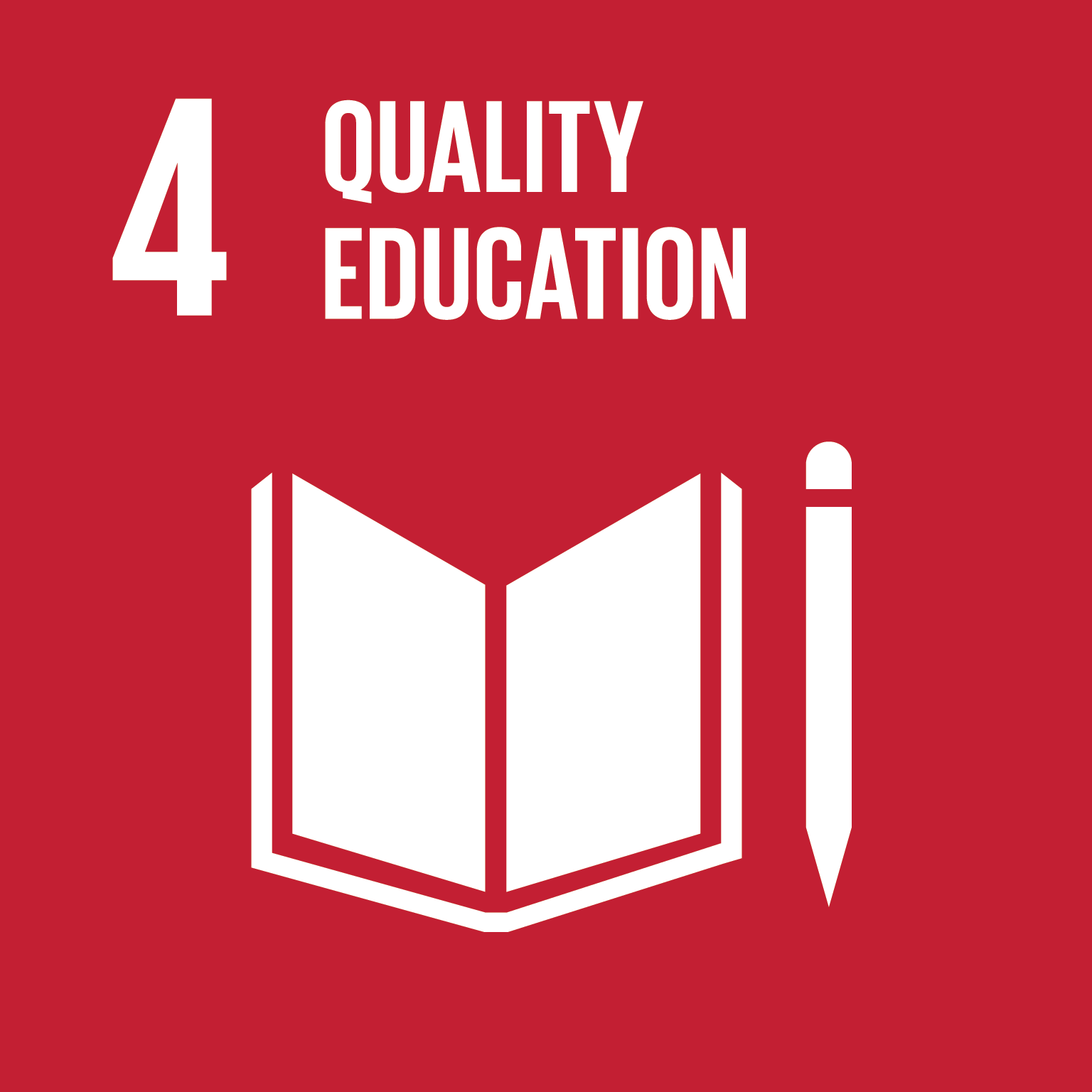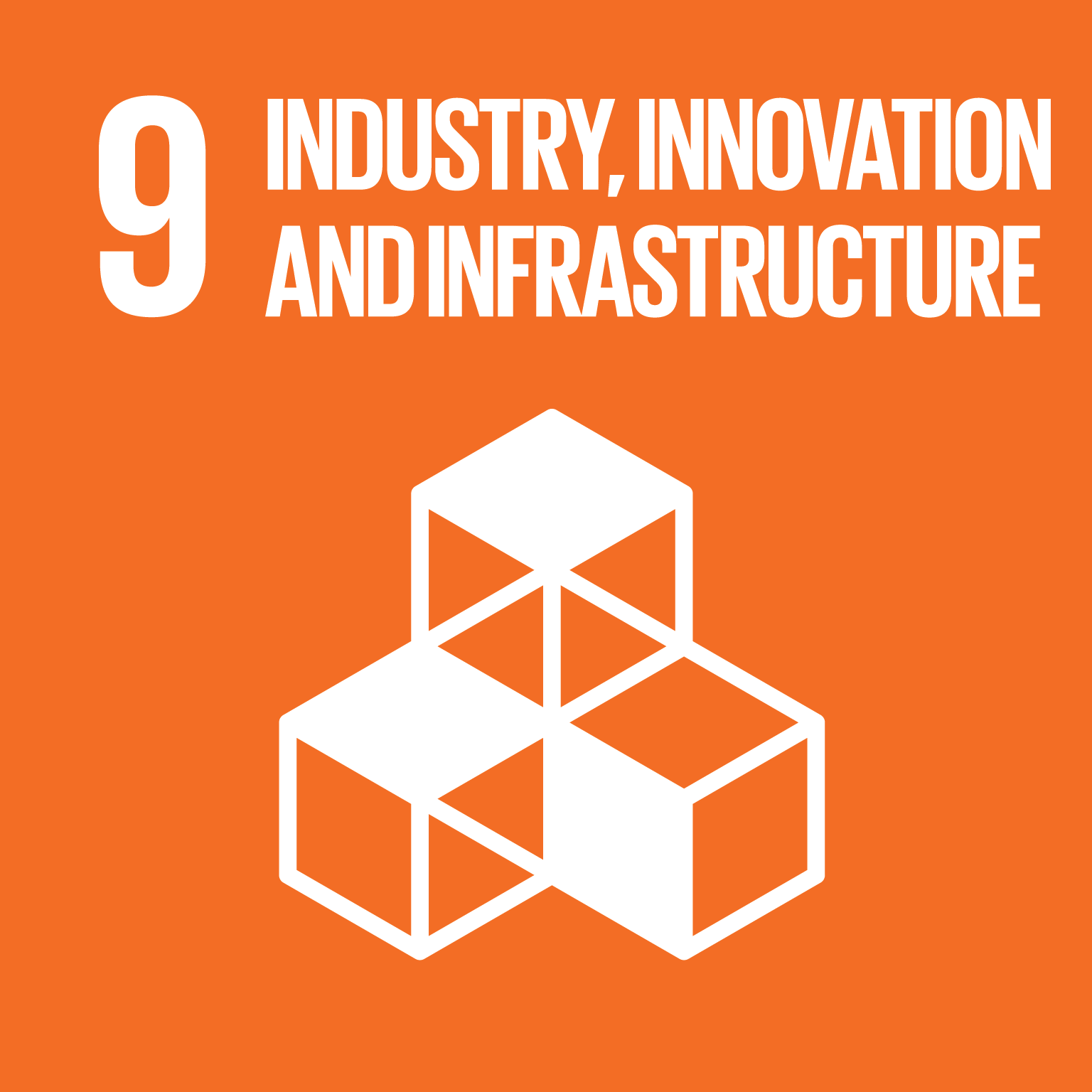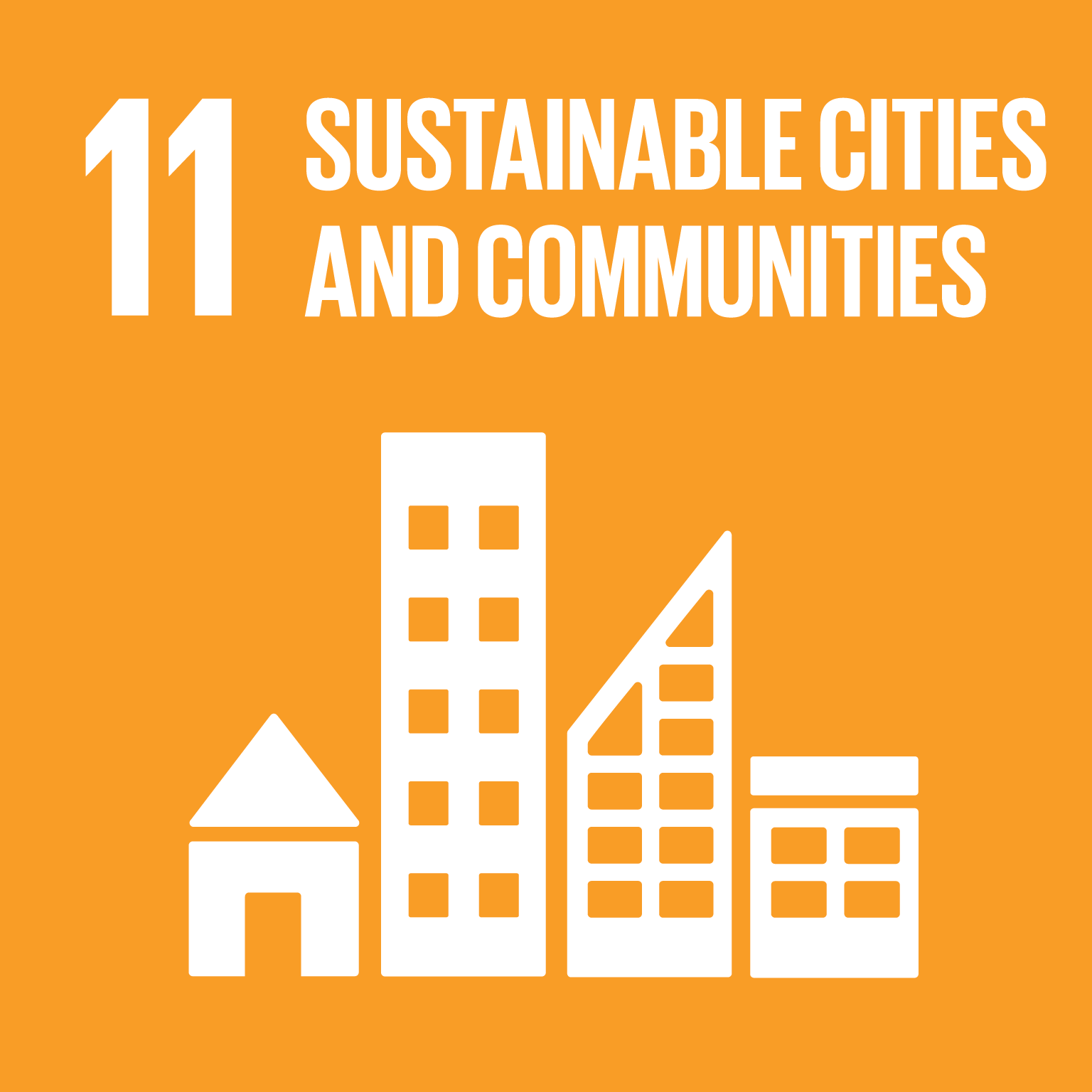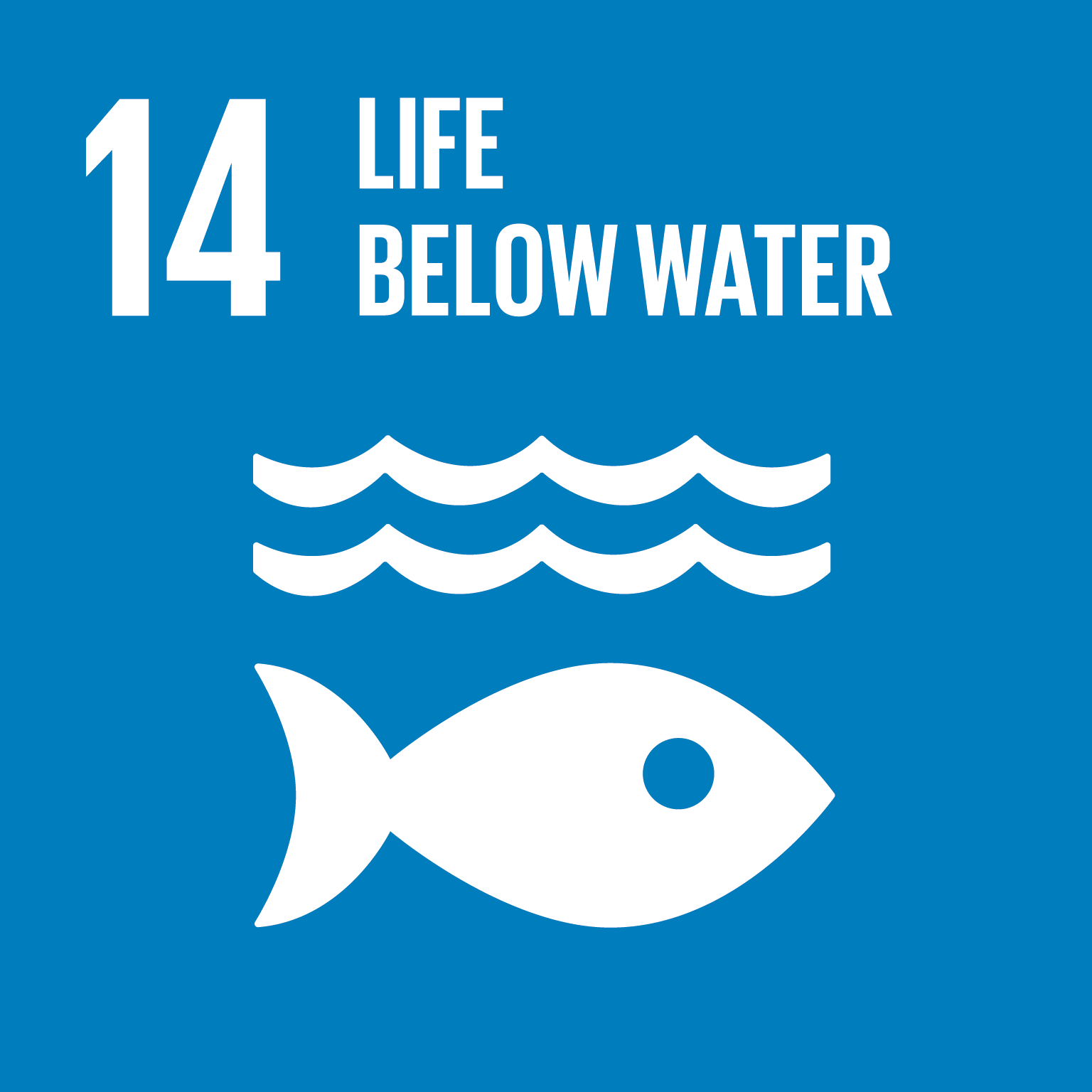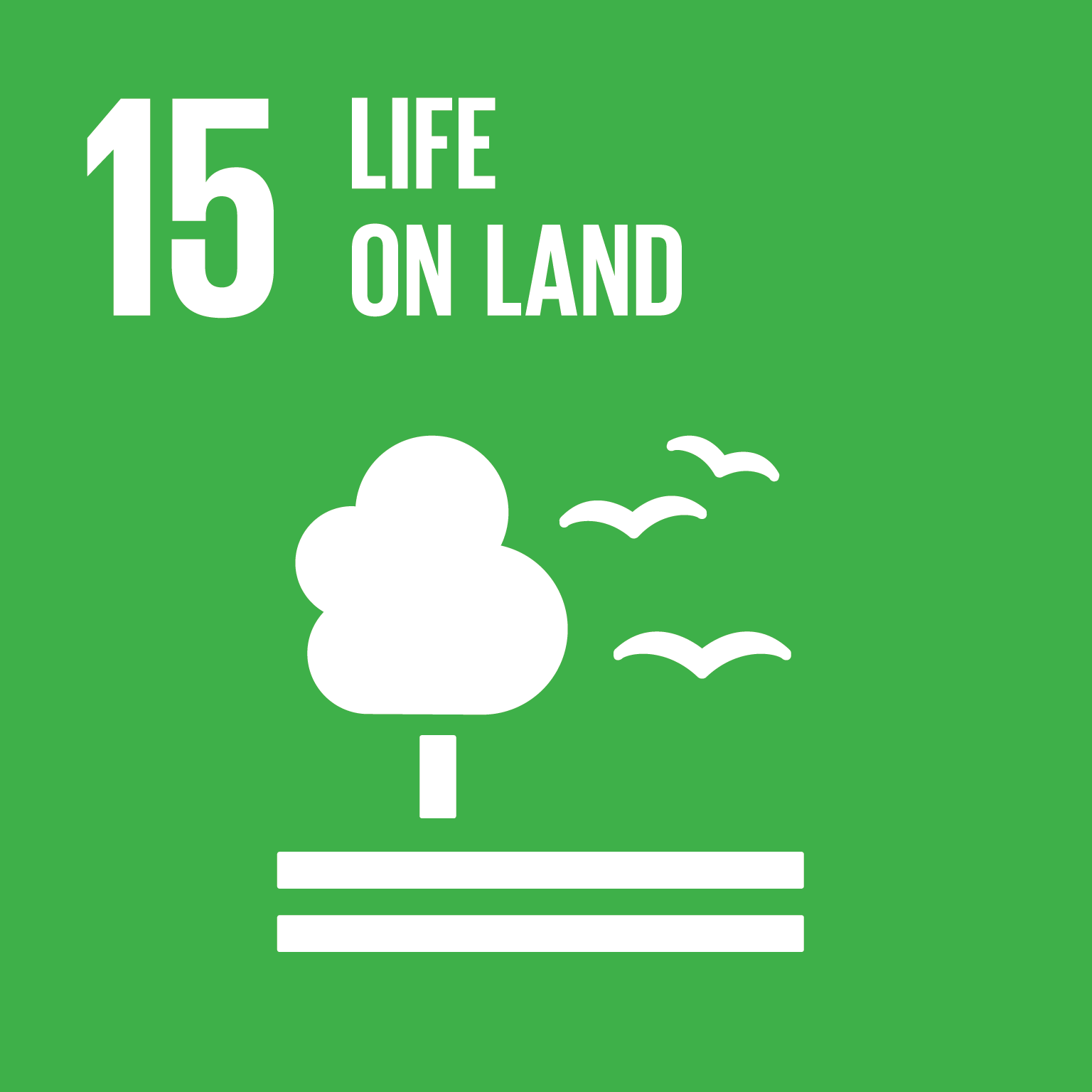Earth Sciences is one of the degree subjects available through the Earth & Environmental Sciences stream in the common entry Science course.
Students interested in Earth Sciences have the choice in first year to study the modules for Earth Sciences and Environmental Biology or to focus on Earth Sciences only. Assuming students meet all the academic requirements in first and second year, students can choose Earth Sciences as their degree major at the end of second year. At the end of second year, students choose their degree major. Assuming students meet all the academic requirements in first and second year, students are guaranteed a degree subject from the stream they are studying in second year. We do our best to ensure that students go on to study their top degree subject choice. As we offer plenty of degree subjects in each stream, students have a number of similar degree subjects to choose from as their degree major. For more information on choosing a degree subject at the end of Second Year, visit the Earth & Environmental Sciences stream page.
This is a sample set of modules that an Earth Sciences student could study each year in UCD.
First Year
Scientific Enquiry • Introduction to Earth Sciences • Earth Science & Materials • Earth & Humanity • Field Geology • Earth, Environment & Society • Optional Science Modules • Elective Module
Second Year
Crystals to Sedimentary Rocks • Field Geology & Mapwork (Includes a residential field course in the west of Ireland) • Geoscience for Sustainability • Earth & Humanity • Global Environmental Change • Medical Geology • Earth, Environment and Society • History of life on Earth • Dynamic Earth • Optional Modules • Elective modules
Third Year
Applied Palaeontology • Sedimentary Environments • Igneous Petrology • Geological Mapping • Geological Structures • Metamorphic Petrology • Geological Fieldwork (Residential field courses in Ireland and England) • Low Temperature Geochemistry • Geomaterials & Geoenergy • Digital Geology & GIS • Optional Modules • Elective Modules
Work Placements & Research Opportunities
Students have the opportunity to take a work placement module and/or a research project module during Third Year or during the following summer vacation.
Fourth Year
Geological Mapping Research • Applied Palaeontology • Igneous & Ore Geology • Advanced Geological Mapping • Basin Analysis • Geological Fieldwork (Includes a 10-day residential field course, usually held in Spain) • Quaternary Geology • Applied Geophysics
Earth Sciences as a Minor Subject
Earth Sciences can be combined with either Archaeology or Geography as a Minor subject, with most of your study being in your Archaeology or Geography Major subject through DN700 Social Sciences. Depending on your interests, you may elect to study from the following range of themes: Geology and Society; Landforms, Sediments and Life; Field Skills; Geochemistry; Earth Materials; Solid Earth Evolution. To select Earth Sciences as a Minor, select DN700 Social Sciences, choose the Two Subject Combination, then select either Archaeology or Geography with Minor subject – and pick Earth Sciences.

